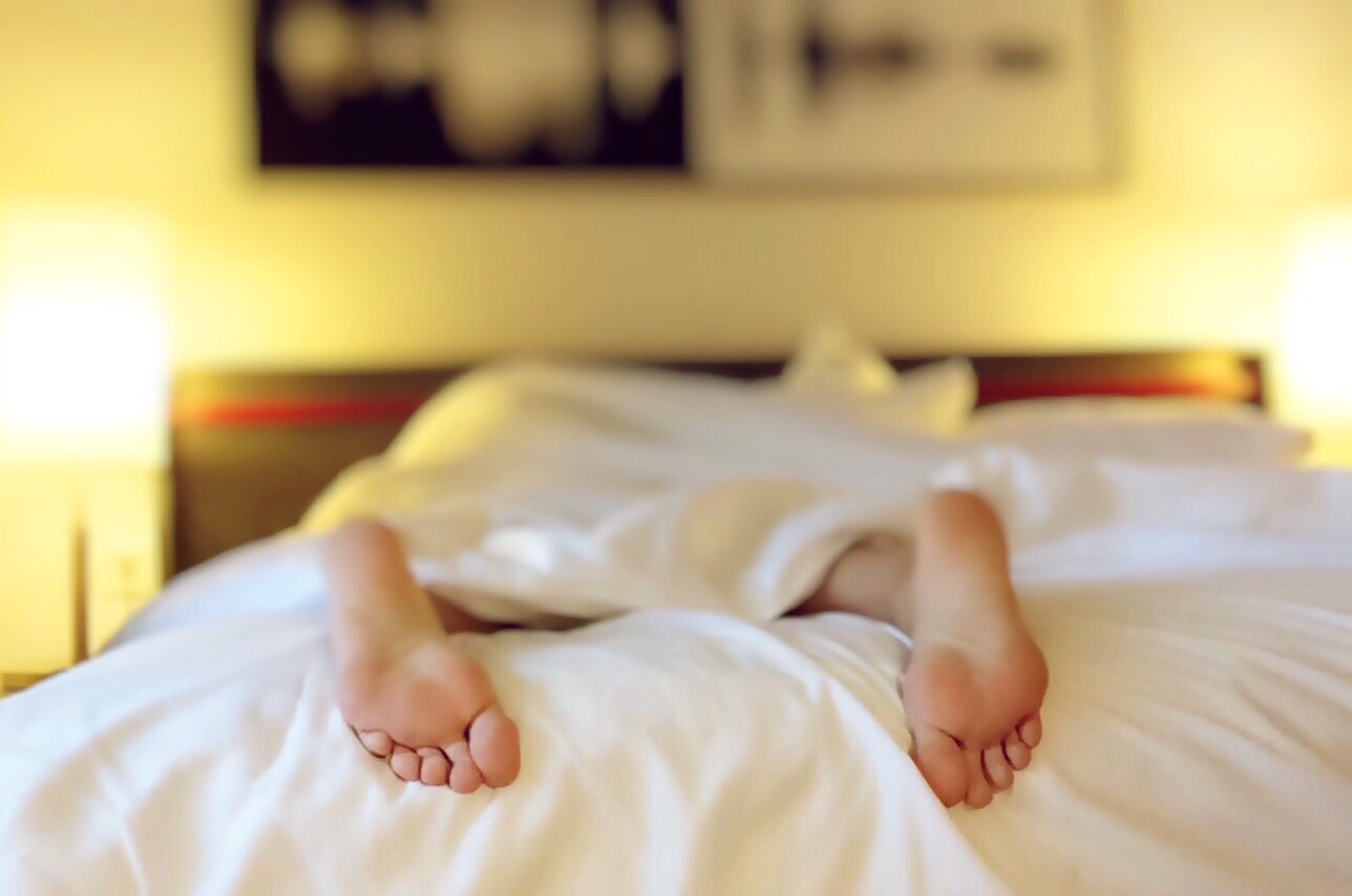Sleep Apnea is a hot topic in the dental industry these days. It seems to be an area of interest for dentists wanting to expand their procedural mix, and also for patients starting to realize that sleep apnea is more common than one may think. As a Dental Sales Consultant, it is important that I have the resources available to help you decide if this is the right fit for your practice. Ellie Porter from sleep help offers phenomenal information below on how to tell the difference between snoring and sleep apnea.
Running your own business requires quick decision-making, mental clarity, and perseverance. If you or your partner snore at night, your ability to function at your best while on the job could be compromised. Determining the difference between regular snoring and medical conditions that need attention like sleep apnea isn’t always easy. But knowing what causes snoring and the signs of sleep apnea is a good place to start.
The Causes of Snoring
Snoring occurs when the air is forced through a narrowed airway. Some of the most common causes of snoring include:
- Nasal Congestion: Your lungs have to work harder to push air through a congested nose and throat. This type of snoring goes away once the illness is gone.
- Age: With age, the muscle and tissue of the throat soften and relax, making snoring more common.
- Weight: Those who are overweight have an increased amount of soft tissue at the back of the throat, which reduces airflow.
- Nasal Deformity: A deviated septum or similar medical condition can cause chronic snoring because it changes the shape of the nasal passages.
- Your Anatomy: People who have an enlarged soft palate, tongue, uvula, or tonsils can have restricted airflow that causes snoring.
- Alcohol: Alcohol relaxes the throat muscles, leading to more snoring.
- Sedatives: Like alcohol, sedatives relax the airways enough to affect muscle and air movement.
- Back Sleeping: Gravity reduces the size of the airways.
Some snoring that is not related to a medical condition can be eliminated by maintaining a healthy weight, reducing alcohol consumption, avoiding sedatives, or changing sleep positions. However, if these changes don’t work and snoring interrupts your sleep or your spouse’s, you should see a medical professional.
When It Might be Sleep Apnea
Sleep apnea differs from snoring in that breathing repeatedly stops and starts throughout the night. Fatigue and tiredness during the day, even after a full night’s rest, can be one of the first signs of sleep apnea. There are three main types:
- Obstructive Sleep Apnea: This type of sleep apnea results from relaxed throat muscles.
- Central Sleep Apnea: In this type, the brain signals do not correctly control the breathing muscles.
- Complex Sleep Apnea Syndrome: Complex Sleep Apnea Syndrome includes both obstructive sleep apnea and central sleep apnea.
Some of the symptoms you may notice include:
- Loud snoring that keeps you or your spouse awake at night
- Another person observing that you stop breathing while you sleep
- Waking due to a lack of breath
- Waking with a sore throat or dry mouth
- Waking with a headache
- Insomnia or trouble staying asleep
Because the signs and symptoms of the different types of sleep apnea can be similar or overlap, it’s important to see a medical professional if you suspect you may have sleep apnea. The first step in treatment starts with a thorough medical history, physical exam, and a sleep study. Some people find relief through surgeries if they need tonsils removed or a deviated septum corrected. Others may need a breathing mask at night.
Rest assured that with proper treatment you can get the full night’s rest you need to feel better, think more clearly, and make quality decisions for your business.
Kate Shanahan
Raleigh, North Carolina



